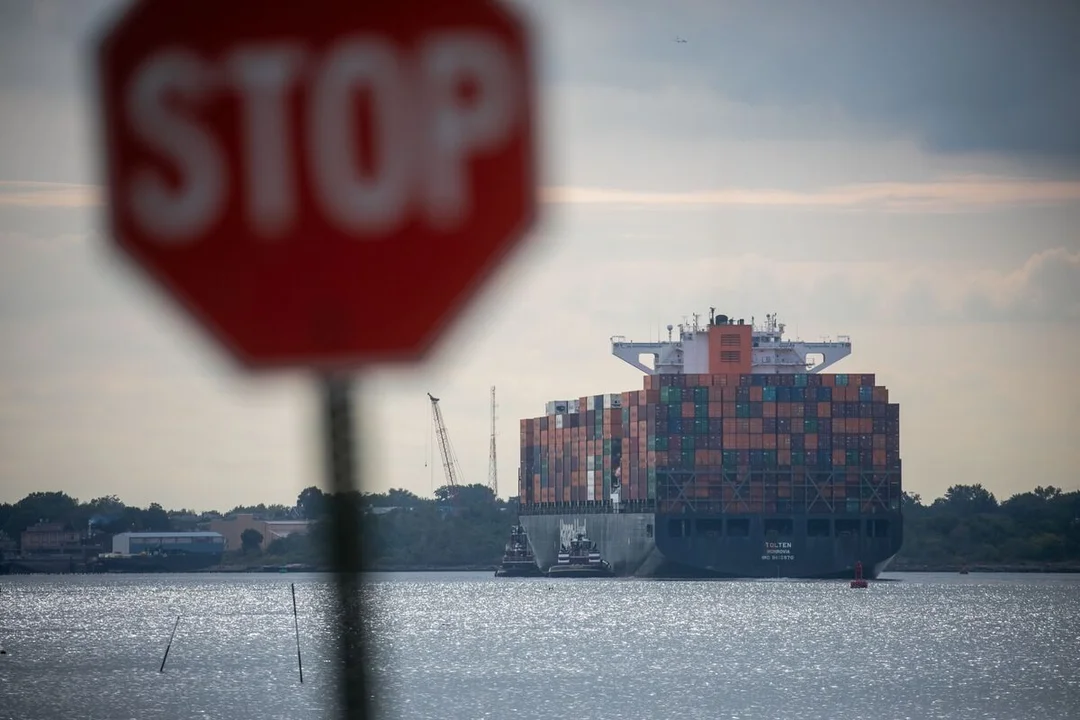
Can States Block Trump’s Tariffs? A Legal Battle Unfolds
In a bold legal maneuver, a coalition of twelve states has taken a stand against President Donald Trump's administration, filing a lawsuit that challenges the legality of his sweeping new tariffs on foreign imports. The lawsuit, filed in the U.S. Court of International Trade, is significant not only for its immediate implications but also for the broader constitutional question it raises about presidential power and economic policy.
Leading the charge is New York Attorney General Letitia James, who argued, "The president does not have the power to raise taxes on a whim, but that's exactly what President Trump has been doing with these tariffs." This sentiment reflects the growing frustration among state officials who believe that Trump’s tariff escalation is detrimental to both the economy and the rights of the states involved.

The lawsuit highlights a growing divide between state governments and the federal administration over the authority to impose tariffs. According to the plaintiffs, including Arizona, Colorado, and Delaware, the administration’s reliance on the International Emergency Economic Powers Act (IEEPA) to justify tariff actions is unconstitutional. This law, they argue, was never intended to empower a president to impose tariffs without Congressional approval.
In a recent move that has garnered attention, the U.S. Court of International Trade dismissed a request for a temporary restraining order against the tariffs, stating that the plaintiffs did not demonstrate immediate harm. However, their lawsuit remains active, stirring discussions on the limits of executive power when it comes to taxation and trade.
Reacting to the lawsuit, New York Governor Kathy Hochul commented, "President Trump's reckless tariffs have skyrocketed costs for consumers and unleashed economic chaos across the country." This sentiment resonates with consumers across the nation who are feeling the pinch as tariffs lead to price increases on essential goods.
The legal and economic ramifications of this lawsuit cannot be understated. If the states succeed, it could set a precedent that limits the executive branch's ability to unilaterally impose tariffs. Conversely, a ruling in favor of the administration would affirm Trump’s approach, potentially leading to more extensive tariff campaigns in the future.
As this case moves forward, it raises crucial questions about the balance of power between state and federal governments and the impact of tariffs on the American economy. Can states effectively challenge a president's authority in this arena, or will Trump's tariffs remain intact, further complicating the economic landscape?
As the nation watches this legal showdown unfold, it remains to be seen how the court will rule and what that will mean for consumers, businesses, and the fundamental structure of American governance. What are your thoughts on the legitimacy of the tariffs and the lawsuit? Share your opinions in the comments below.